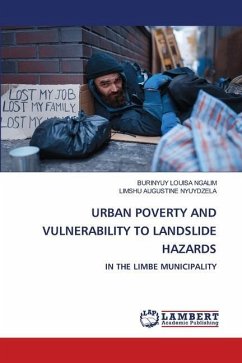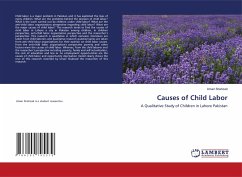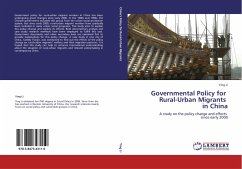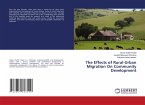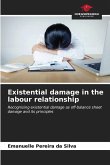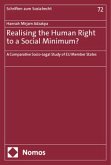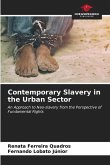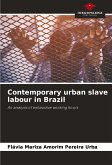The frequent occurrence of hazards in most urban areas around the world, especially in developing countries, has demonstrated the need for proper management and planning of urban areas about these risks and hazards since they cause enormous threats and damage to life and property. This study assesses the relationship that exists between urban poverty and its vulnerable impact on the urban poor ab hazards in the Limbe Municipality. Using questionnaires, interviews, field surveys, secondary sources and the application of descriptive and inferential statistical techniques, the results revealed that the urban poor in Limbe are characterized by low socioeconomic status (mostly immigrants into Limbe who came in search of jobs opportunities but unfortunately could not be employed in the formal sector economic sector due to their low levels of educational attainment and so settled for informal jobs with results being ow-income levels. This makes them purchase cheap marginal lands throughthe informal market and therefore reside in risk zones in substandard housing structures with no land certificates and building permits despite awareness of the risks involved.
Bitte wählen Sie Ihr Anliegen aus.
Rechnungen
Retourenschein anfordern
Bestellstatus
Storno

